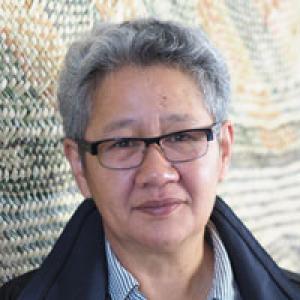The COVID-19 pandemic has been taking hold of our Indigenous communities, nations and lives. To our Indigenous friends worldwide, we reach out to connect, to weep for spirits passed, to acknowledge our concern for each other and to be warmed by your gaze. We are devastated by the death toll the pandemic is extracting across the globe yet strengthened by the brave leadership demonstrated by Indigenous leaders to protect and sustain our communities. It is a time for cool heads, swift action and confident resolve. Let us be strong together.
The impact of COVID-19 upon Māori communities in Aotearoa New Zealand has been cushioned by strong leadership and rapid country level responses reinforced by iwi (tribal) and community level governance and action. At the time of writing (16 April 2020) Aotearoa New Zealand has 1,084 confirmed cases, 317 probable cases, 12 cases in hospital, 770 recovered cases and 9 deaths. Our country has been in a State of Emergency for almost four weeks. We have stayed at home, enacted thorough hygiene practices and abided by the restrictions in an attempt to eradicate COVID-19 from our shores and to keep the virus out of our communities. There are stringent border controls.
Schools and Universities campuses are closed as are most businesses and services aside from those that are essential at this time. Many of our ordinary traditional practices are having to find different expressions in our endeavour to save lives – how we greet one another to how we mourn the passing of our loved ones [See blog by Ruānuku Ngahuia Te Awekotuku]. We are not strangers to such times. We remember too well the impact of epidemics from times past. The lives lost. The futures killed. The pain wrought. We endure these strange and sometimes painful present day pandemic strategies to ensure our survival as Indigenous peoples into the future.
Kia mataara! Be watchful!
Professors' Linda Waimarie Nikora and Jacinta Ruru
Co-Directors
